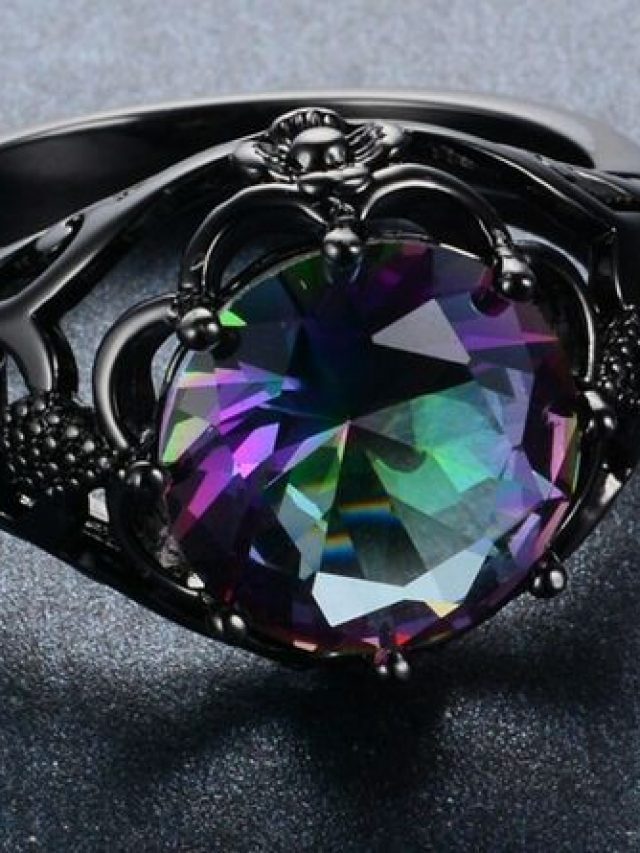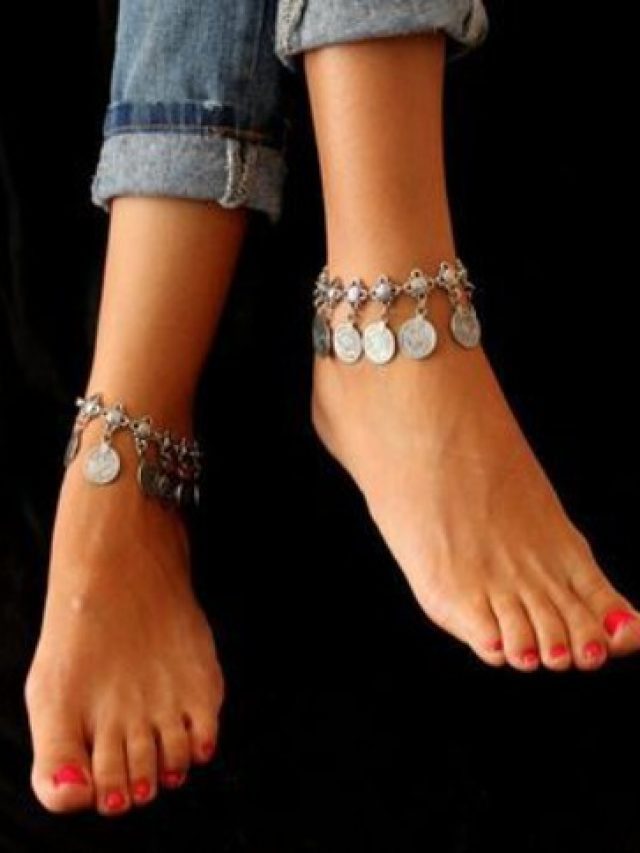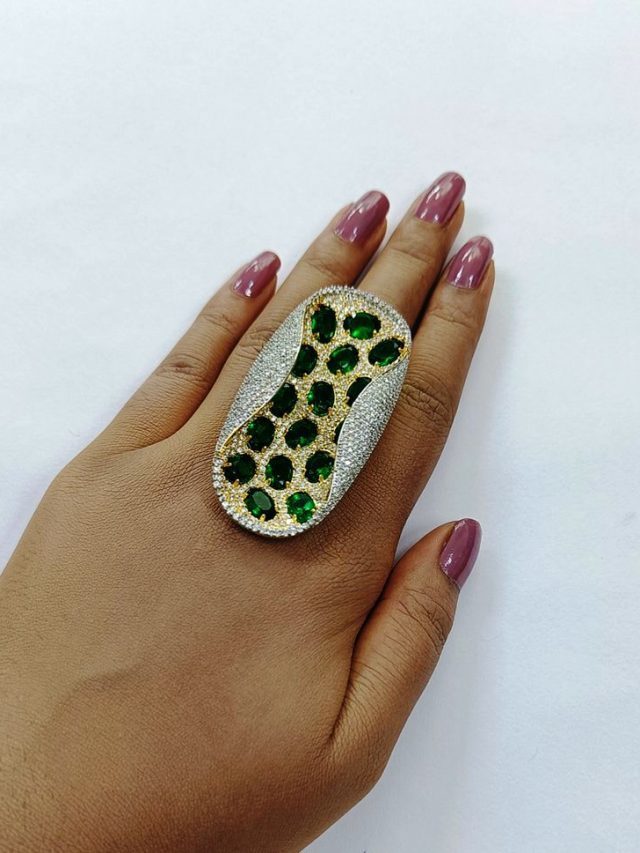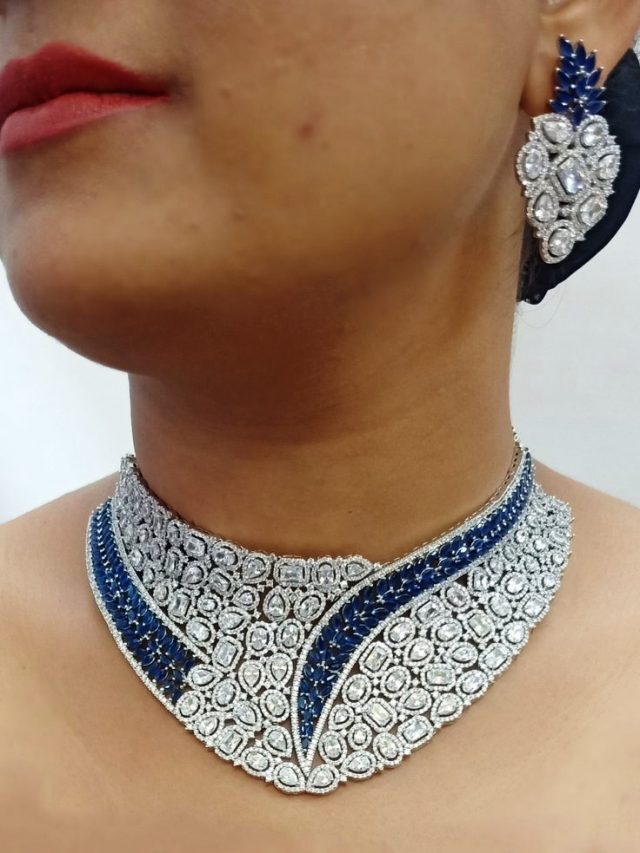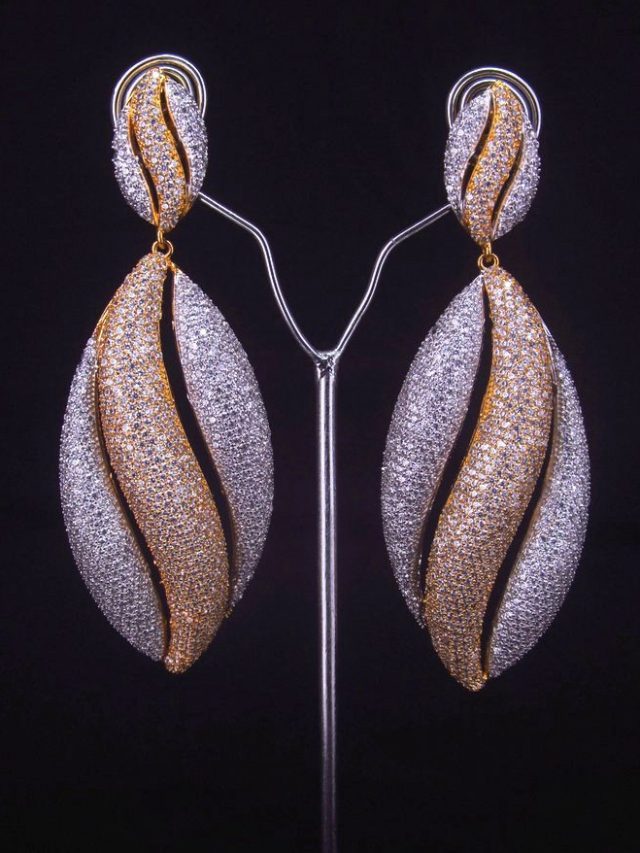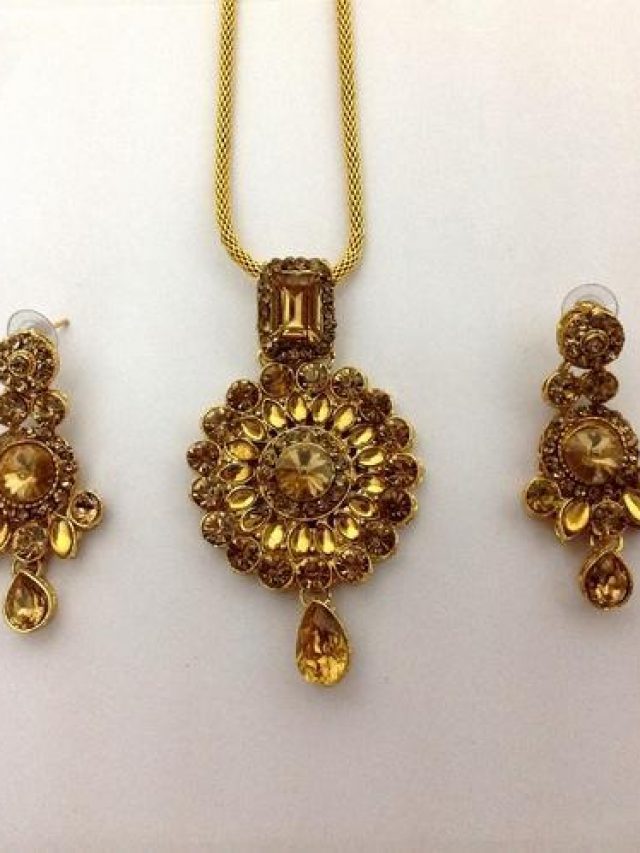
[ad_1]
One of Australia’s oldest jewellery businesses has cancelled its membership with the Jewellers Association of Australia (JAA).
Bevilles has been the ‘talk of the town’ over the past 12 months following its acquisition by Michael Hill International in April last year.
At the time, CEO Daniel Bracken announced plans to open more than 80 new Bevilles stores before 2028, including expansion into New Zealand and Canada, forecasting an optimistic future for a business founded in 1934.
Unfortunately, the JAA will not benefit from this expansion. On Thursday, a spokesperson for Michael Hill International confirmed that it had not renewed the Bevilles JAA membership.
It’s the latest in a long-running trend of larger jewellery businesses disassociating themselves from the industry association. In past years, small-to-medium jewellery chains such as Shiels, Hoskings, and Anthony’s have deserted the JAA.
Indeed, even large chains such as Pandora, Zamels and even the former ASX-listed retailer Angus & Coote – and Michael Hill also – were once members; however, all major jewellery chains have slowly abandoned the JAA.
Last man standing
The cost of JAA membership is based on the number of stores operated by the retailer, which means the larger the store count, the larger the annual membership fee.
With Bevilles (30 stores) no longer listed on the JAA website, Salera’s has been left as the ‘last man standing’ regarding jewellery chains supporting the association.
Managing director Frank Salera was a JAA board member for several years, joining in January 2016.
With that said, in another embarrassing twist, the ‘Find a JAA Jeweller’ online directory page lists Salera’s stores that don’t exist.
The 2024 State of the Industry Report recorded 17 Salera’s stores in Australia, with five in Queensland and 12 in Victoria. The JAA website records 20 Salera’s stores.
Three of the stores listed on the JAA website have not operated for some time, and one phone number is answered by another retail business.
Definition debate
This situation calls into question some of the claims made by the JAA, which could put the association at odds with the Australian Competition and Consumer Commission (ACCC), namely Section 18 of Australian Consumer Law.
Jeweller previously estimated the number of retail members at the end of 2023 to be 316 – representing around 350 stores – while the JAA’s website claims “a current membership of around 650 outlets.”
Although the online directory has been updated to remove Bevilles stores following the resignation, the ‘650 outlets’ claim remains on the website today – and that is without taking into account the inflated figure for Salera’s stores and any other possible errors.
While it may be the loss of just one member with 30 stores, the loss accounts for an immediate decline of around eight per cent for the JAA’s store count.
Membership figures remain unknown
Despite attempts to clarify the association’s current membership figures as part of the 2024 State of the Industry Report, exact details remain unclear.
The last membership figure provided was JAA president Joshua Sharp estimating that the association had “around 400” members for 2022.
As documented in the SOIR, the JAA was unwilling to provide its current membership and store figures for the 2023 calendar year despite multiple requests from Jeweller.
For that reason, researchers calculated membership at around 316 using the JAA website after removing faulty data and duplicate records. The JAA has not disputed or corrected this figure.
Some members appearing on the directory page had closed their stores or were no longer in business despite remaining on the JAA website.
>> Background reading: JAA’s commitment to transparency tested
As noted above, the JAA website still states: “With a current membership of around 650 outlets and the median length of membership being 19 years, the JAA covers all areas of the jewellery industry – from manufacturing, wholesaling, distribution to retail”.
The terminology “outlets” is interesting because the JAA has always recorded actual paid members in its annual financial statements, which were on the public record with the Australian Charities and Not-for-profits Commission (ACNC).
In a separate controversy, the JAA recently contravened reporting regulations with the ACNC when it failed to report amendments to its Constitution within the required timeframe.
That aside, the JAA’s membership figures are no longer made public on the ACNC website, which is why Jeweller requested the data directly from the association.
Furthermore, while it’s true that one member may represent many stores, it’s worth noting that the JAA has not had more than 650 members since 2016 (744).
When questioned about this matter, JAA operations manager Megan Young gave an unusual response: “Outlet means a point of distribution, including but not limited to retail and wholesale.” [Emphasis added]
Essentially, this means the JAA can call anything an ‘outlet’.
The conventional definition of an ‘outlet’ is: “a store, shop or other commercial establishment selling goods direct to the public, often from a single manufacturer or producer.”
Young was also asked to provide a breakdown of the JAA’s membership in terms of retailers (physical stores and online) and supplier/wholesaler members.
This was to determine how the figure of ‘650 outlets’ was reached, given that students, retired members, associates, etc, would not be deemed an outlet based on the definition provided.
Young did not respond to this request at the time of publication.
The use of the word ‘outlets’ was deemed worthy of further consideration not only because of its questionable accuracy but also because the JAA is a ‘member-based association’, not an ‘outlet-based organisation’.
Indeed, it would seem unusual that a member-based association would not list its membership figures – arguably, it should form the basis of its industry marketing program. Instead, the JAA is not open about the matter despite calling for “trust and truthfulness” and transparency in the industry.
In 2010, the JAA represented 1,039 retail jewellery stores, around 20 per cent of the market.
With the loss of another chain – along with the inflated Salera’s store count and any other potential errors – it’s likely that JAA members now account for closer to 300 stores or around 8 per cent of the market.
Jeweller will publish the updated figures if and when the JAA corrects this information and/or provides exact data.
More reading
Administrative penalties: Confusion around JAA reporting requirements intensifies
JAA: Queries over governance standards; possible breach of regulations
Blast from the past: More questions raised about Jewellery Industry Network
JAA’s commitment to transparency tested by undisclosed relationship
“It’s dead and buried”, JAA closes chapter on industry dispute
[ad_2]
Source link














